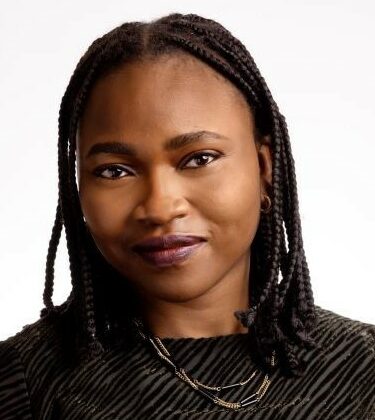Project title
Migrants and the Making of Urban Culture in Nineteenth Century Lagos
Research question
My project is a history of migration, urban culture, and the re-making of the Yoruba in the nineteenth century port city of Lagos, West Africa.
Project description
My project looks at histories of African migration through a study of the convergence of four key migrant communities in nineteenth century Lagos. Nineteenth century Lagos was a port city and a cosmopolitan node of the Atlantic World. Its population, by the middle of the nineteenth century, was composed of diverse Yorubaphone communities, small Hausa, Kru, and Ewe populations, and a transient community of Europeans hailing chiefly from southern Europe and the British Isles. Starting in the 1830s and going into the turn of the century, African and Afro-descendant migrants traveled various routes to get to Lagos. They were refugees from the nineteenth-century Yoruba wars that grew out of the fragmentation of the Oyo Empire. They were so-called recaptives, locally known as Saro, from the British colony of Freetown (modern Sierra Leone) and they came from Cuba and Brazil. In different ways part of an Atlantic Yoruba diaspora, they were all fleeing forms of insecurity when they came to Lagos, itself an infamous slave trading port city. I look closely at what it meant on a material, logistical, and experiential level, to travel the creeks and rivers of West Africa or the open seas and oceans as a free African person in an unfree slave-trading world. In the paradoxical setting of Lagos, migrants and their descendants negotiated the meanings of freedom, family, home, and belonging.
Questions of migration and diaspora have particular resonance in the African and African Diaspora Studies fields, where Africa is routinely positioned as an exilic space. My current research complicates associations that are made between Africa and the idea of exile in scholarship and in contemporary mass media. In reference to the latter, one need only consider contemporary reporting on West African refugees crossing the Mediterranean into Europe to note the deep entrenchment of narratives of Africa as a source of exiles. My project explores how by contrast, African towns and cities in the nineteenth century were not only places from which African diasporas had emerged, but they were also places in which diasporas converged. My project troubles the spatiality and temporality of diaspora theory, as well as some of its central concepts like “home” or “exile.” What I am working on is essentially a history of what Tiffany Ruby Patterson and Robin D.G. Kelley characterized as diaspora unmaking.
